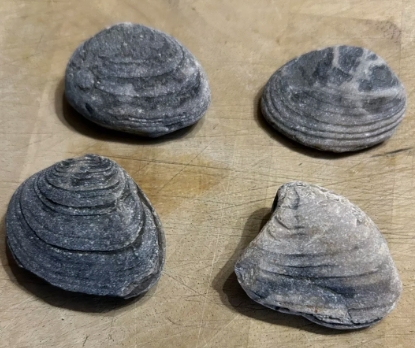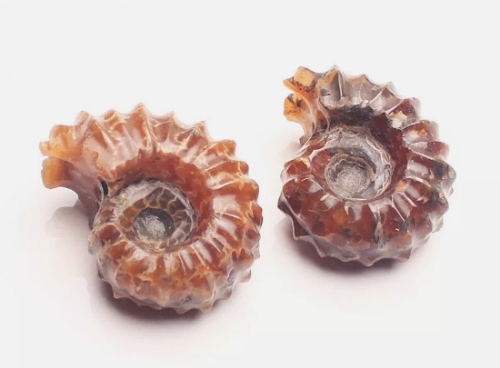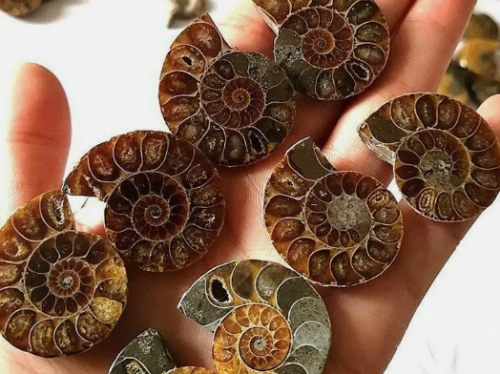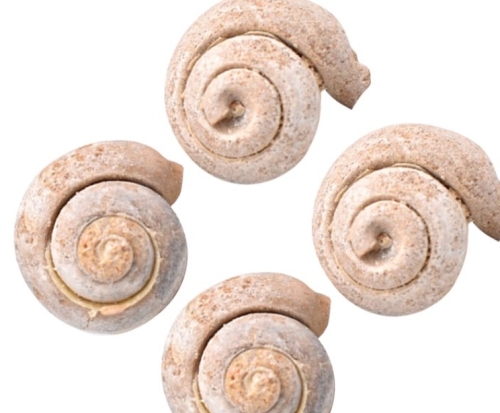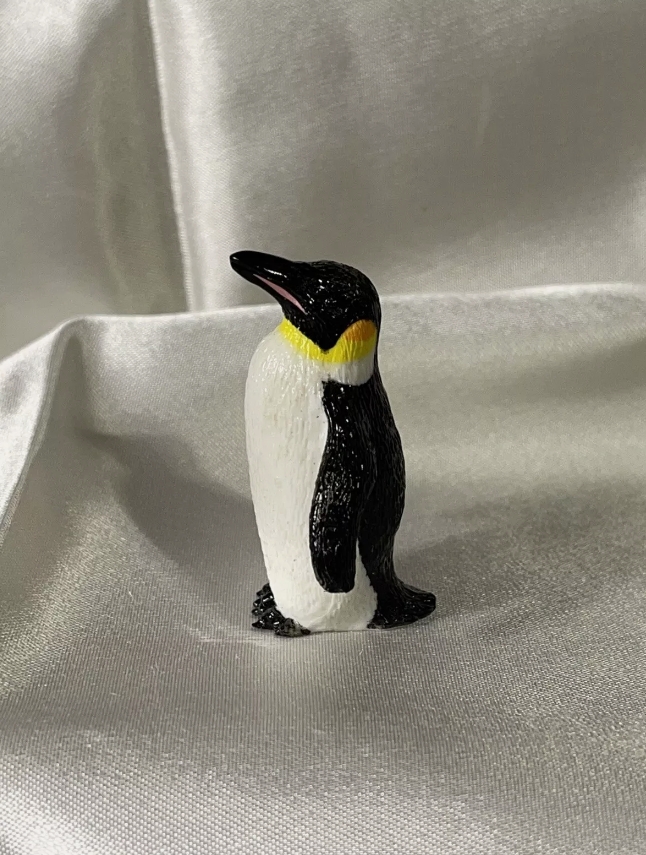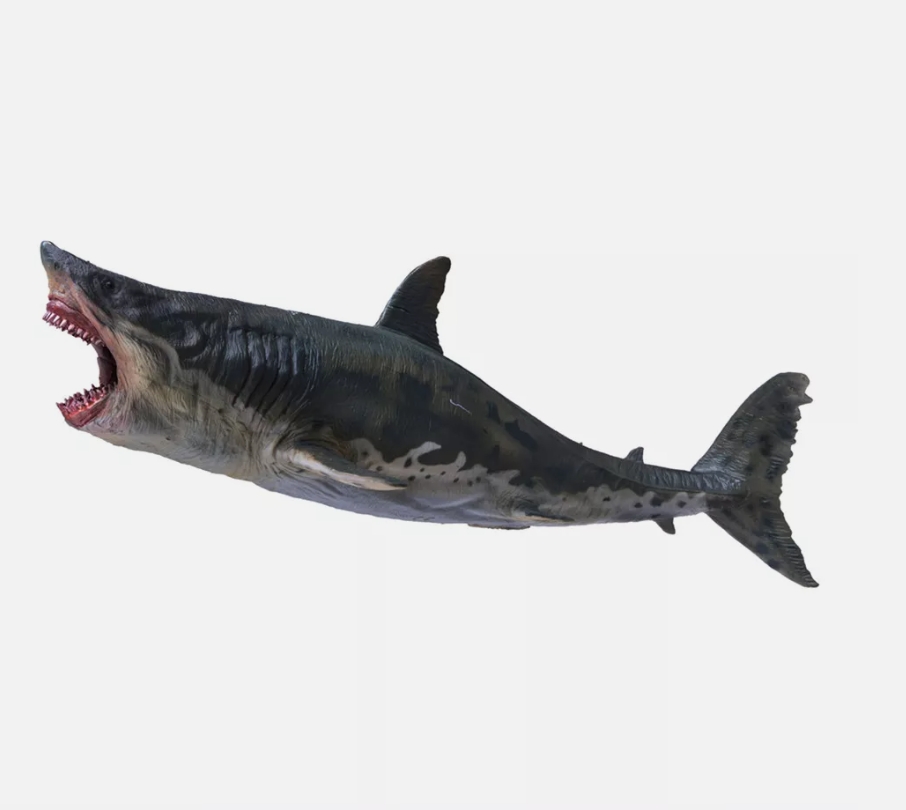Fossilized shells are precious relics left by ancient Marine creatures, carrying millions of years of natural history. Not only are they important objects of scientific research, they also give us clues about the evolution of the Earth and climate change. The fossilized shell formation process begins when an organism dies and its shells are deposited on the sea floor. Under the right conditions, these shells are gradually covered with sediment, and after a long period of pressure and chemical action, they are eventually transformed into fossils.
Fossil shells come in a wide variety of forms, some with complex spiral shapes and others as flat as disks. These fossils can not only reflect the environmental conditions at the time, but even reveal the habits of ancient Marine life. For example, the presence of certain fossilized shells indicates that a warm ocean once existed, while other species indicate the ecosystem at the time.
Shell fossils are of great significance in paleontology and geology. By analyzing the composition and structure of shells, researchers can reconstruct the ancient climate and ecological environment, which provides an important basis for understanding the evolution of the earth and the evolution of organisms. At the same time, shell fossils also attract many collectors and enthusiasts, their unique beauty and scientific value make them an important carrier for the study of natural history.

